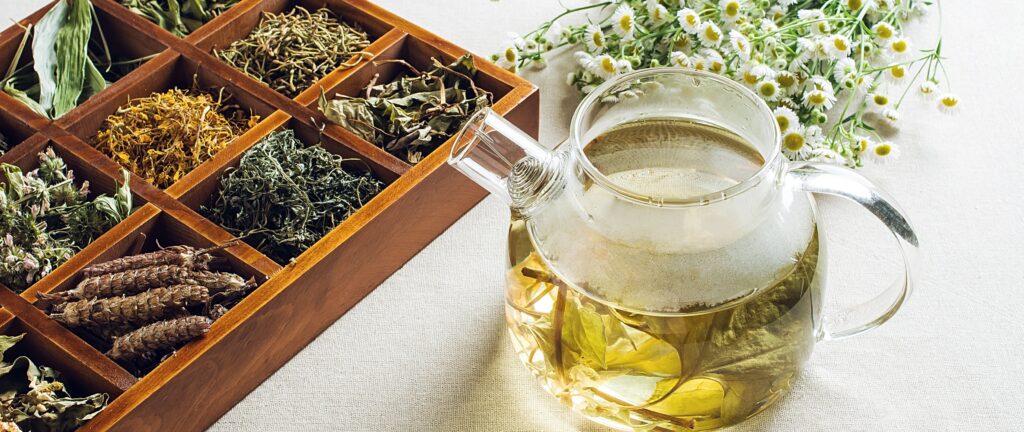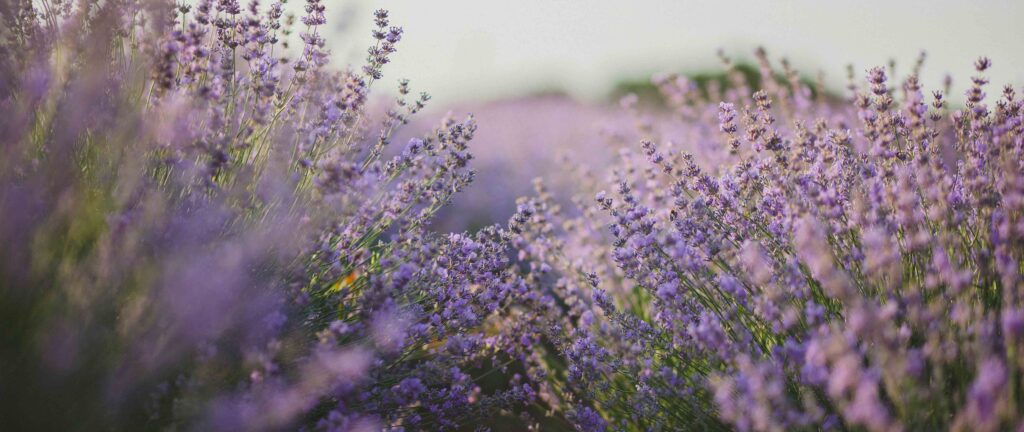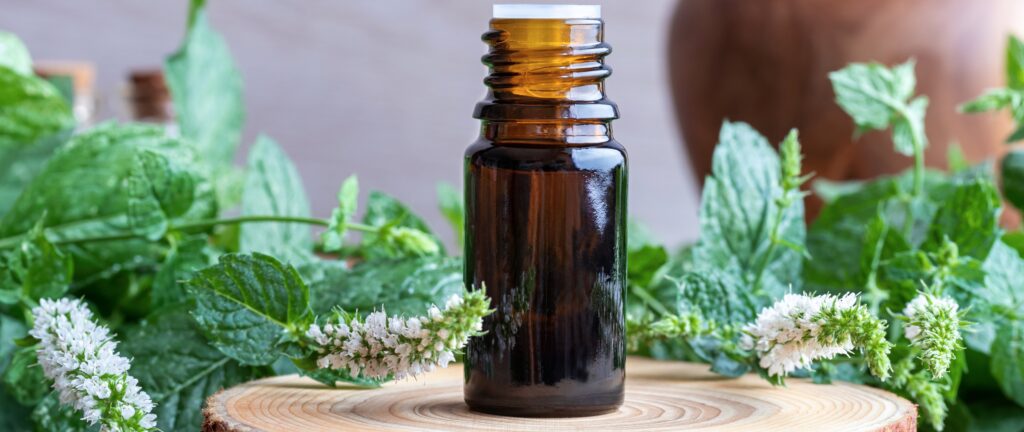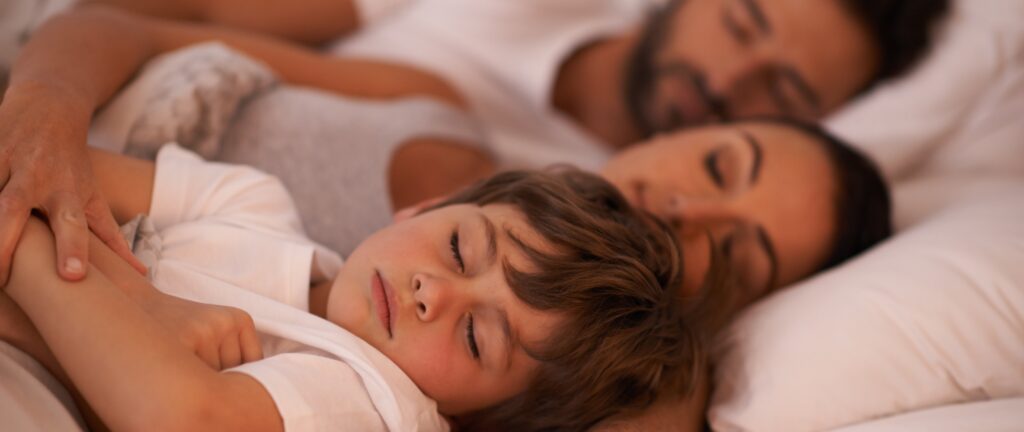Here at Shepherd’s Dream, we clearly love a restful, healthy night’s sleep, and when we need some assistance getting those premium Zs, we like to reach for the naturally good stuff. So we thought we’d share some of our favorite herbal helpers for gently easing us into dreamtime.
We all know that a good night’s sleep is crucial for health, but sometimes feeling fully rested can be elusive. Sleep is a mysterious process, and it’s one that is intimately connected to our daily cycles of sun and darkness. Our modern lives can be disruptive to our sleep/wake cycles, and sometimes we need a little help getting back on track. Rather than going straight for the heavy hitters like prescriptions or even readily available melatonin, we like to start with the all-natural medicine cabinet.
The best way to incorporate many of these is as a tea, which also coordinates perfectly with developing a sleep routine that prepares you for optimal sleep (read more on that here). It’s also possible to find tinctures, essential oils, and other supplements that may fit the bill.

Before we get into it, if you have any medical concerns or are on any medications, be sure to check with your healthcare provider, as even seemingly harmless herbs can have side effects or drug interactions. Each of us is individual and we react to things differently, so be sure to test these in small doses if you’re unfamiliar with them. While most of these herbs have solid reputations as safe and effective, they can still not be right for some people.
All good? Let’s learn more!
Valerian
The Good
Valerian root has a long and storied history as a sleep aid and nervous system sedative, with usage recorded at least as far back as ancient Greece. It’s also well known for its recognizably potent scent, which isn’t an issue with its flavor in tea. Valerian is especially helpful with insomnia, and the effects are best when valerian is consumed regularly. Users report little to no morning grogginess with valerian.
Good to Know
If you’ve been using valerian regularly but wish to stop taking it, there can be some withdrawal so it’s best to taper off gently. Valerian has a few interaction cautions, such as with anxiety medication, other sedatives, alcohol, and anything that involves the liver, so be sure to look those up.

Lavender
The Good
All the rumors are true—lavender is for relaxation. Lavender works as both a sedative and an anxiety reliever, interacting with the neurotransmitter GABA to reduce tension, agitation, and restlessness. Lavender is popular in teas, tinctures, supplements, and as an essential oil.
Good to Know
Be sure not to overdose on lavender, which is easy to do with its ubiquity in soaps, personal care products, air diffusers, and cleaning products. It is a known endocrine disruptor, meaning it can interfere with our hormonal system. If using topically, be sure to use a carrier oil with the essential oil, as direct use can be irritating to the skin.
Damiana
The Good
This botanical leaf is a mild sedative and traditional helper that relieves stress and anxiety while assisting with better sleep. And—bonus points!—the ancient Aztecs used it as an aphrodisiac. Some users report more vivid dreaming with damiana. Find it in tea and sleep supplements.
Good to Know
There can be too much of a good thing…in excessive doses, damiana is known to cause hallucinations (remember what we said about vivid dreaming?) and even convulsions in extreme cases. This is incredibly unlikely under normal consumption. If you’re on medication for diabetes, be aware that damiana naturally lowers blood sugar, so you may want to steer clear.
Chamomile
The Good
Chamomile has earned its gentle reputation over hundreds of years of safe usage. It’s a mild tranquilizer and sleep inducer, and evidence points toward it having a role in improving overall sleep quality too. Most sleep teas feature it.
Good to Know
As gentle and safe as it is, it’s still a good idea to check with your doctor if you’re taking medications for diabetes, high blood pressure, or blood thinning (anticoagulants). It naturally lowers both blood pressure and blood sugar.

Peppermint
The Good
Another tried-and-true favorite known for promoting relaxation and relieving tension. While peppermint tea is a good standby, there’s a lot of evidence for its aromatherapeutic potential to reduce inflammation, reduce aches and pains, and improve overall sleep quality.
Good to Know
As with many of these herbals, use peppermint with caution if you’re taking anything related to diabetes, high blood pressure, immunosuppressants (especially cyclosporine), and anything that reduces stomach acid. If applying peppermint essential oil topically, be sure to use a carrier oil to avoid skin irritation.
Ashwagandha
The Good
Ashwagandha is one of the best known adaptogens, a class of natural medicinals known to help relieve stress and soothe the body. It can help you fall asleep faster and prevent those middle-of-the-night wakeups, though it works best when used regularly. Look for it in teas, tinctures, and supplements.
Good to Know
As with anything, exceedingly large doses can cause issues, usually digestive in this case. In rare cases, ashwagandha can cause the opposite effect in some people, leading to anxiety and insomnia. There’s some evidence that ashwagandha can interact with medications for diabetes and high blood pressure, immunosuppressants, and anticonvulsants, so be sure to check with your doctor if you have any concerns.

Naturally Dreamier Sleep
Sleep is so important for overall wellness and the ability to keep up with our modern lives. When we experience sleep disturbances, it can be confusing and frustrating. In many cases, a bit of knowledge can help us dial in some lifestyle tweaks and simple daily actions that can really help. There’s a lot of support around us every day, and this list of herbal helpers is a great example.
For more on healthy, natural sleep, check out our Counting Sheep blog! Our Healthy Sleep Series covers several great topics with natural remedies, including melatonin, tryptophan and serotonin, cortisol, caffeine, and alcohol.
We hope you’ve found some new things to try for your sleep routine! We share lots of healthy sleep tips on Instagram and Pinterest, so give us a follow.
THIS ARTICLE DOES NOT PROVIDE MEDICAL ADVICE
The information in this article, including but not limited to text, graphics, images, and other materials, are for informational and educational purposes only. No material here is intended as a substitute for professional medical advice, diagnosis, or treatment. Please consult your physician or other qualified health care practitioner with any questions or concerns you may have for your care.

